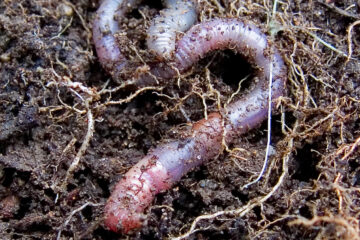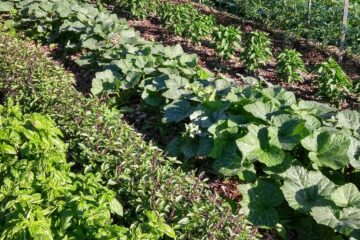I am hopeful that by the time this article is in your hands farmers like myself will be busy in the fields. As April ends, most farmers want to be busy planting and performing many other tasks in the field and not be “outstanding” in the field looking for Mother Nature to provide a clear weather window for fieldwork.
Below average temperatures and wet soils have kept the machinery in the sheds so far this spring. World events have made this planting season very significant. For much of the Midwest, the end of April and early May is considered the optimum time frame to plant. Not only is it crucial to plant every acre possible, they must also yield abundantly. A late planting season could hamper that prospect.
There are exceptions. In the spring of 2019, excessive rains delayed planting of many fields of corn until June. Surprisingly, many of those fields produced amazing yields. There was one major downfall; the corn crop at harvest was so wet that it required extensive artificial drying. Grain drying is fueled by natural gas or propane, which has increased significantly in price. Were that to happen this year I am not certain my heart and/or wallet could survive the sticker shock. Given the current high prices of energy products I am hopeful we can plant early and have crops mature early like last year. In 2021 many farmers were able to harvest much of the crop with very little or no grain drying needed.
Mother Nature needs to play nice and give the American farmer a break. Farmers try each year to grow their best crop ever. In reality, we try to overproduce ourselves out of business by growing a surplus. Usually a bumper crop hurts us when supply greatly exceeds demand and deflates our crop prices. One has to wonder, given our world turmoil, if a bumper crop in the U.S. this year would have the same negative effect on prices as in years past.
Production shortfalls may occur even with beneficial weather if all the fertilizers and herbicides are not available in a timely manner for farmers. There are some that advocate organic agriculture, eliminating synthetic fertilizers and pesticides. It is possible they may get their wish this year on some fields if the supply chain shortages prevail. How much yield hit will occur if millions of acres do not get fertilized adequately? Will millions of people be willing to travel to farmers field each day and pull weeds by hand if there are no herbicides available to control the weeds?
Soon enough we will see if some of the fears and predictions regarding the economic turmoil of the Russian invasion of Ukraine will come true. Will food inflation accelerate? Will the sanctions against Russian fertilizer and energy exports seriously affect world agricultural production?
It is not even May and there is plenty of uncertainty already. Perhaps Mother Nature can throw a hanging curveball over the middle of the plate and let farmers smash it for a home run this year. Given that baseball reference, how about the Cubs and Sox making the playoffs, too. Am I being greedy; is this too much to ask?



0 Comments